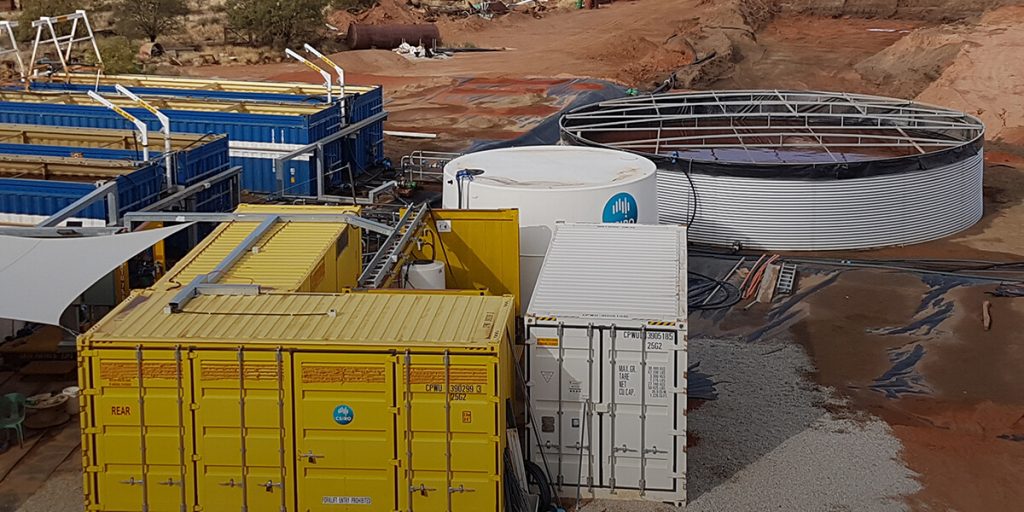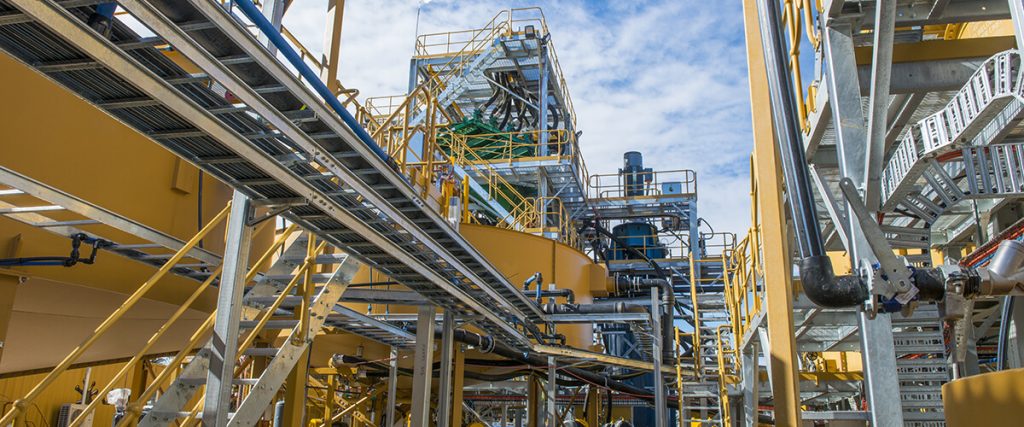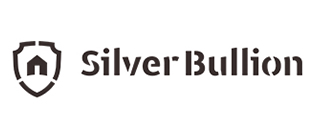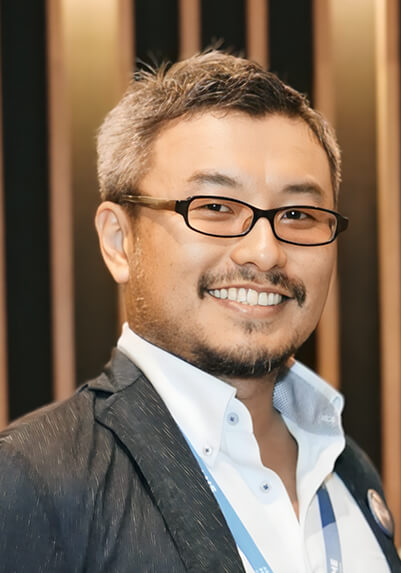Navigate
Article List
- Unlocking Precious Liquidity & Beyond
By Ruth Crowell, Chief Executive, London Bullion Market Association (LBMA)
- Gold Price: End of an Era or New Dawn?
By Finews Asia
- Cyanide-Free Gold Grabs International Attention
By Clean Mining
- SBMA News
By Albert Cheng, CEO, SBMA
Article List
- Unlocking Precious Liquidity & Beyond
By Ruth Crowell, Chief Executive, London Bullion Market Association (LBMA)
- Gold Price: End of an Era or New Dawn?
By Finews Asia
- Cyanide-Free Gold Grabs International Attention
By Clean Mining
- SBMA News
By Albert Cheng, CEO, SBMA
Cyanide-Free Gold Grabs International Attention
By Clean Mining
Published on September 20, 2019


JEFF MCCULLOCH has expertise in financial services, business start-ups and commercialisations having worked for more than 30 years in a range of businesses and roles. Current Managing Director of Clean Mining, Jeff is a Certified Practising Accountant and a graduate of the Australian Institute of Company Directors. He was formerly an executive at CSIRO and has worked with a range of blue-chip companies.
When Clean Mining launched its new cyanide-free gold processing solution in June it knew there would be interest, but what about industry acceptance? The Australia-based company quickly discovered there was an appetite in the gold industry – an appetite that is global and growing.
Cyanide and gold processing have gone hand in hand for centuries, as the toxic chemical provides an efficient way of extracting precious gold metal from low-grade ore. Currently, around 75% of gold extracted from ore is processed using cyanide or mercury.
But as governments, miners and communities have become more aware of the potential negative impacts of the poisonous chemical – on workers, the environment, suppliers and communities – many have sought alternatives, and some countries have banned cyanide all together.
This is where Clean Mining identified an opportunity – a chance to introduce new environmentally responsible technology that could benefit miners, communities and governments by offering an alternative to cyanide that was cost-effective and reusable.
Working with the Commonwealth Scientific and Industrial Research Organisation (CSIRO), Australia’s national science agency, the new technology was tested in the field in Australia, the world’s second largest global gold producer.
Clean Mining Managing Director Jeff McCulloch said the trial, conducted in 2018, proved the product was effective and commercially viable. That was the catalyst to launch the solution to the market.
We’ve fielded enquiries from all corners of the globe and the response has been very positive.
Cyanide and gold processing have gone hand in hand for centuries, as the toxic chemical provides an efficient way of extracting precious gold metal from low-grade ore. Currently, around 75% of gold extracted from ore is processed using cyanide or mercury.
But as governments, miners and communities have become more aware of the potential negative impacts of the poisonous chemical – on workers, the environment, suppliers and communities – many have sought alternatives, and some countries have banned cyanide all together.
This is where Clean Mining identified an opportunity – a chance to introduce new environmentally responsible technology that could benefit miners, communities and governments by offering an alternative to cyanide that was cost-effective and reusable.
Working with the Commonwealth Scientific and Industrial Research Organisation (CSIRO), Australia’s national science agency, the new technology was tested in the field in Australia, the world’s second largest global gold producer.
Clean Mining Managing Director Jeff McCulloch said the trial, conducted in 2018, proved the product was effective and commercially viable. That was the catalyst to launch the solution to the market.


“We’ve fielded enquiries from all corners of the globe and the response has been very positive,” Mr McCulloch added.
For small-scale miners, our plug-and-play plant is more economical and sustainable than current cyanide-based plants, meaning it has a much lower capital cost. The plant can be made in modular components and is mobile, therefore, it is scalable and can be relocated to a number of mine sites.
Our solution, therefore, changes the traditional amortisation model of writing the cost of the plant off against the life of a single mine. Instead, we can help miners with high-grade, smaller deposits to get the gold quickly and move to the next site.
As a result, smaller miners can become larger miners via organic, self-funded growth, rather than raising or borrowing vast amounts of money for a single large-scale project. They can exploit previously uneconomic or stranded deposits that may not be viable for the large miners.
Over time, we also expect large miners that use cyanide will realise the massive costs associated with cyanide use – including regulatory compliance, health and safety, ancillary chemicals and acids, monitoring and reporting, tailing dam management, cyanide destruction and rehabilitation – and treat our technology as an opportunity that will provide them with a competitive advantage.
Just a month after the launch of the product, discussions are underway with various miners. The company is also focused on bedding down its ethical, reliable, quality supply chain to ensure it can meet the growing demand and deliver an exceptional product.
“Meetings have been held with suppliers in Asia to design and build the tank leaching systems and economical dewatering solutions that enable dry stacked tails and eliminates tailings dams,” Mr McCulloch said.
We are also expanding our team with world-class metallurgists and gold mining process engineers and welcome expressions of interest from qualified professions who have worked in the gold sector and who can support the technical design and build process for our clients.
Clean Mining is also assessing technologies that will enable clients to use the Clean Gold TM branding to mark their ethically and sustainably produced product. The technology will enable consumers to trace gold from the mine to the refiner and onto the jeweller.
“Clean Gold TM certification provides consumers with the assurance that the gold has been mined responsibly and without the use of mercury or cyanide”, Mr McCulloch said.
We believe this level of transparency and assurance is what consumers are seeking across all commodities, and our trial in Western Australia showed that consumers are prepared to pay a premium for ethically produced gold that minimises impact to the environment, is free from human harm, exploitation and conflict.
We believe this is already reflected in initiatives under way within the jewellery market, including Kering’s Sustainability Strategy, which commits to 100% of its suppliers meeting standards of environmental stewardship, traceability, animal welfare, chemical products and working conditions.
The introduction of strategies like this, as well as toxic chemical levies, more active and mobilised communities and the rising costs of rehabilitation, remediation and litigation will drive change over time. Clean Mining is certain of that and we’re pleased to be part of the solution.
Learn more about Clean Mining and its cyanide-free processing solution at www.cleanmining.co.

JEFF MCCULLOCH has expertise in financial services, business start-ups and commercialisations having worked for more than 30 years in a range of businesses and roles. Current Managing Director of Clean Mining, Jeff is a Certified Practising Accountant and a graduate of the Australian Institute of Company Directors. He was formerly an executive at CSIRO and has worked with a range of blue-chip companies.
* This article was published in partnership with Clean Mining

























